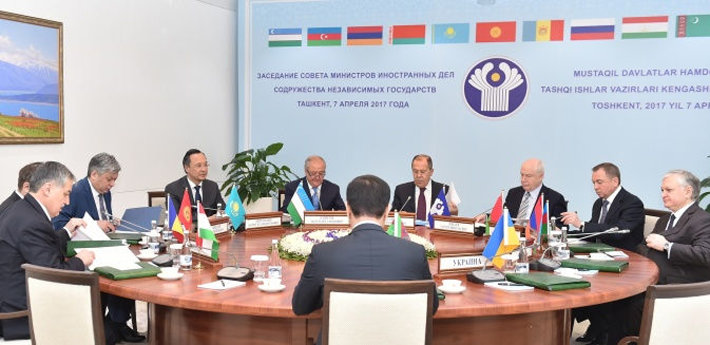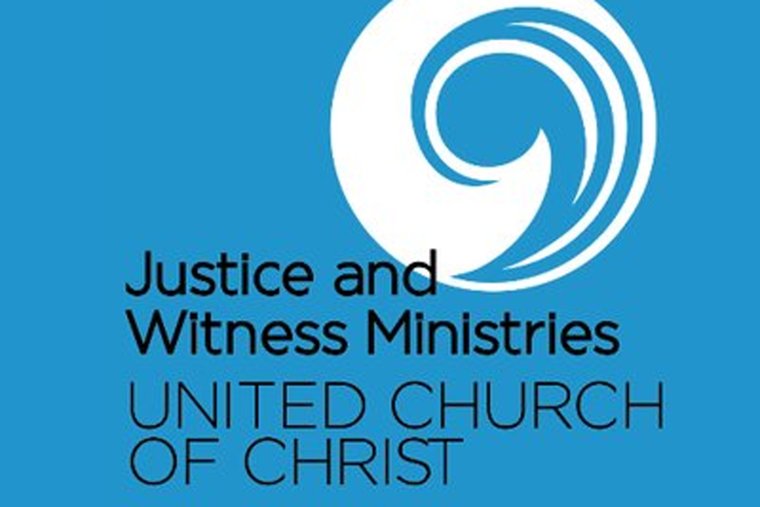The CIS Foreign Ministers Council chaired by Russian Minister of Foreign Affairs Sergei Lavrov condemned discrimination and intolerance toward Christians, Muslims and members of other religions at a meeting April 7 in Tashkent, Uzbekistan.

The Council considered 15 items on the agenda, exchanging views on urgent international and regional issues.They also looked at documents aimed at strengthening interaction and cooperation of CIS member states in law enforcement, cultural, humanitarian and military actions.
In a statement issued after the meeting, the Council conveyed concern over violence and terrorist attacks against individuals based on religious affiliation or beliefs and reiterated the commitment of CIS member states to protect human rights and fundamental freedoms, including freedom of thought, conscience, religion or belief for all, without distinction as to race, sex, language or religion.
The statement also emphasizes the inadmissibility of associating terrorism and violent extremism with any specific religion.
The CIS Council of Foreign Ministers is one of the main executive bodies charged with ensuring cooperation among its members and coordinating foreign policy of CIS member states on matters of mutual concern.
The other Charter Bodies of the CIS are Councils of Heads of States, Heads of Governments, Foreign Ministers, Defense Ministers, Commanders-in-Chief of Frontier Troops, the Inter-Parliamentary Assembly, and the Economic Court.
The Commonwealth of Independent States (CIS) was established December 8, 1991, by Russia, Belarus, and Ukraine. Armenia, Azerbaijan, Kazakhstan, Kyrgyzstan, Moldova, Turkmenistan, Tajikistan, and Uzbekistan joined December 21, 1991. The CIS stated aims are to promote coordination of its members in trade, finance, lawmaking and security, and to support cooperation on democratization and cross-border crime prevention.


